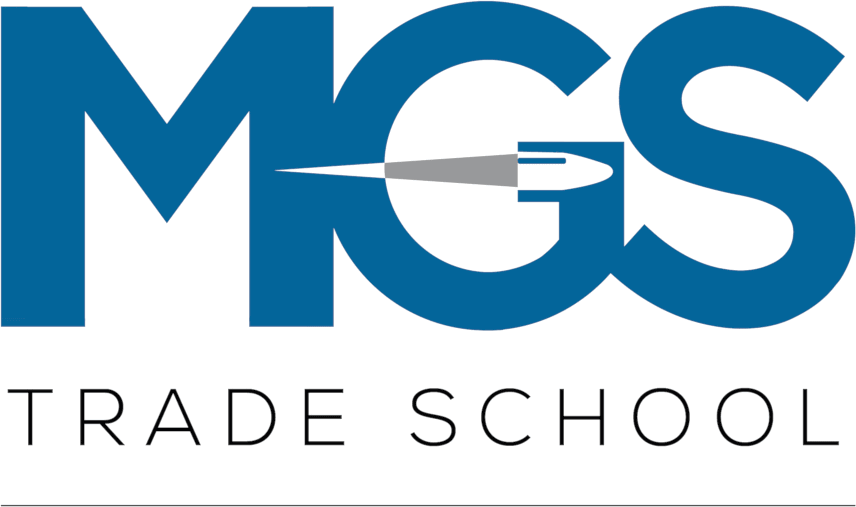3 Reasons Why Hands-On Experience Matters in Gunsmithing
The way we learn is changing. During the pandemic, it was quite common to see articles bemoaning the difficulty students had with online classes. Fast forward to today, you’ll find articles praising the more personalized instruction students can get online. If you’re not close to your school of choice, or you have responsibilities that prevent you from being away from home, the benefits of online classes are easy to see. There’s a lot of great online options these days. But not all online instruction is quality instruction, so proceed with a discerning eye.
With many online classes, students are all too often left with nothing more than a video and some pre-recorded words of encouragement. If no one is giving you detailed hands-on assignments, and you’re not getting feedback, you’re going it alone.
It’s great to have video content, and even AI assistance in your own home, but as great as they may be, there is no substitute for hands-on experience.
Constructivism
The educational philosophy of constructivism tells us that knowledge isn’t just passively assimilated by learners but built over time. Muscle memory and new neural pathways take time to develop, and without guided instruction, that process might take longer than necessary as you work out all the proverbial kinks on your own. Bad habits are easy to form, so don’t give them an opportunity to take root if you can avoid it.
If you’re anything like me, the first time you do anything, you always find a lot of room for improvement. Hopefully, the next time you attempt something, things will go a little better. But that all depends on your ability to determine how exactly something could be done better. That comes from expertise, and expertise comes from doing—not just observing.
That’s not to say you can’t learn on your own, but guided progress maximizes the time you put into any new task.
Bikes and Bedding
Watching an expert gunsmith bed a rifle might make it look as though it’s as easy as riding a bike. But, in truth, bedding requires no small amount of finesse. And, incidentally, so does riding a bike!
If you’ve never thought about how a bicycle works, you might think that turning the handlebars to the right on a bicycle will always execute an ideal right-hand turn. But that’s not typically the case. The key is counter-steering. To counter-steer a bike, you must lean in the direction you want to turn while moving the handlebars in the opposite direction to start your turn.
Long story short, riding a bike involves constantly adjusting your balance. And if you’ve ever watched a baby take their first steps, you know that the neural pathways that grant us a sense of balance don’t form instantaneously. This takes time, just like any skill does.
Watching someone ride a bike and then trying it yourself as a first timer won’t result in instant success. The same can be true of firearm maintenance. Revisiting the earlier example of bedding a rifle, imagine the things that can go wrong for a novice. What if the action gets inadvertently locked in? What if the barrel is removed before the adhesive has had adequate time to harden? What if the action is contacting the barrel? These are pitfalls that can be avoided, but knowing how to get it right requires experience and familiarity with the process. Knowing is a result of doing, and those who are in-the-know have done a lot.
Real World Experience
In many courses of study, the term practicum is often used to describe someone’s final assessment before graduation. But it’s not just an assessment; it’s a chance for someone to show their autonomy, ability, and (hopefully) aptitude in a professional, vocational, or academic setting. In other words, can the learner make a little magic happen on their own?
Those who are looking for the most in-depth hands-on experience can opt for an internship. It’s a little like practicum, but typically longer and broader in scope (and sometimes with the potential for a paycheck too). Doctors, counselors, electricians, and many other kinds of professionals are required to complete internships to show that they’re ready for the proverbial big leagues. And while an internship isn’t part of everyone’s journey, it’s one of the gold standards of hands-on learning, which is the standard all professionals are measured by.
Ask the Right Questions and Invest in Yourself
Wherever you chose to further your education, make sure you’re asking the right questions before you enroll. Who’s assessing your work and ensuring you’re progressing as well as you can be? What kinds of hands-on experience will you be getting and how does it compare to what a professional in your chosen field does?
If MGS Trade School is your educational weapon of choice (see what I did there?), and an online education is what you’re after, you can have hands-on projects delivered to your door. And whether you choose to invest your hard-earned money in classes at MGS or not, make sure you’re investing in yourself. By the time you finish a class, you should have produced quality work and had worthwhile experiences that extend beyond observation and screen time.
You’re here on the MGS site, which means you take education seriously. So, whatever you choose to do, make sure you roll up your sleeves and get some hands-on experience.
Written by: Lanna Perkins, Education Writer


